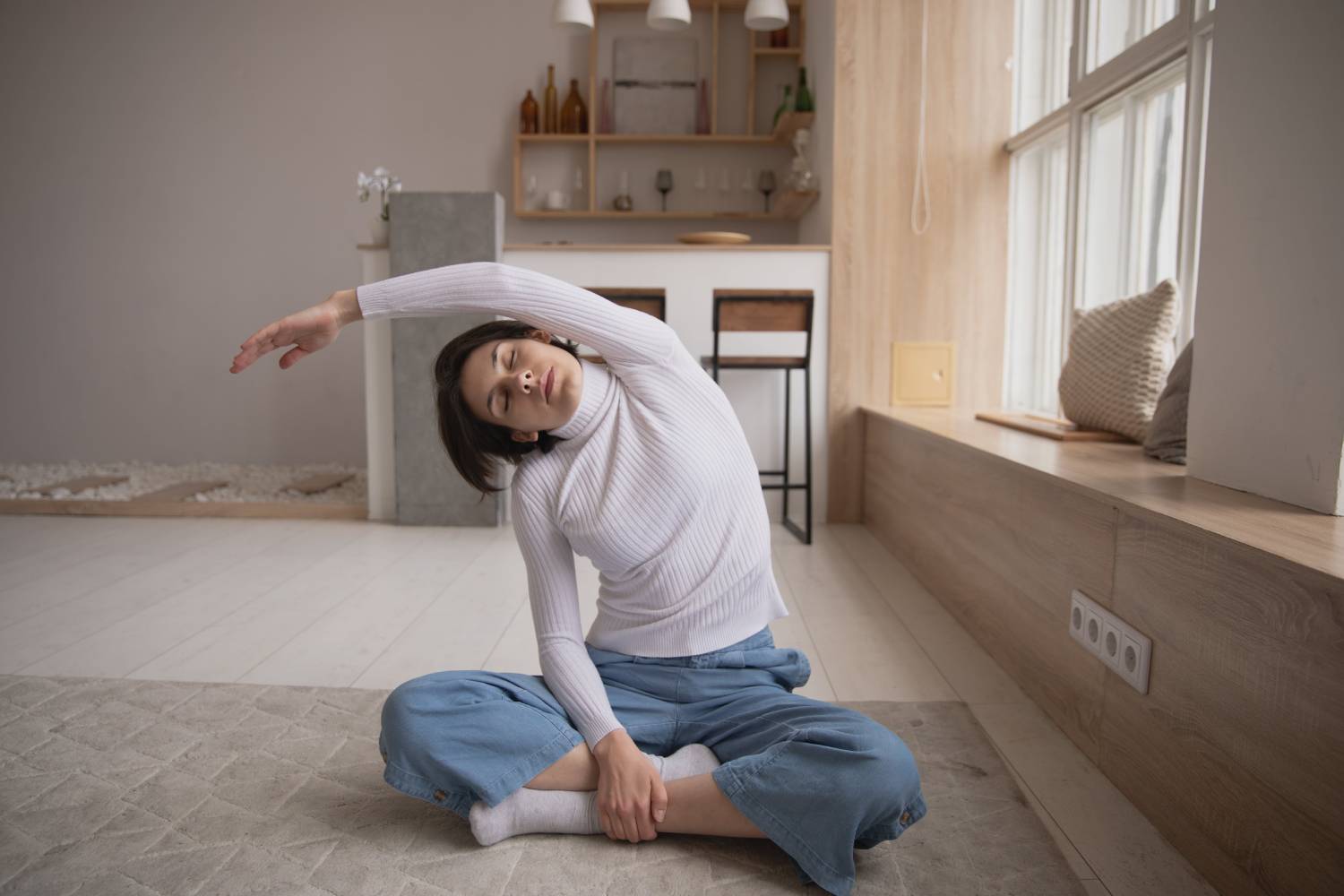
Taking care of yourself is key to living a healthy, happy, and fulfilling life. Unfortunately, self-care can be expensive! The global wellness market is a $1.5 trillion industry. With substantial profits to be made, it’s no surprise that wellness companies want you to think you need to spend money to practice self-care. But nothing could be further from the truth! There are many affordable ways to prioritize your mental and physical health, even on a budget. By prioritizing self-care and adopting healthy habits, you can achieve a happier, more balanced life without spending a fortune. Here are some ideas to get you started.
Practice Financial Self-Care
Despite common belief, practicing self-care doesn’t mean spending money on “quick-fix” activities like trips to the spa or fancy face masks. Reducing your spending on self-care items and activities that make you feel better in the short term can go a long way toward easing financial stress in your daily life.
Bromwich & Smith suggests practicing financial self-care by creating a budget to control where your money goes and identifying areas where you need to reign in your spending. Once you feel comfortable with your budget and spending habits, you can make room for the occasional treat to reward yourself for making positive financial moves. Look for other ways to cut your expenses to further reduce financial stress. For example, consider refinancing your home to reduce the amount of interest you pay on your mortgage. Making smart financial moves will reduce the negative impact of financial stress on your well-being.
Pick Up Gardening
Gardening is a wonderful self-care activity that can improve both your health and finances. Not only is gardening calming and mood-boosting but growing your own food is an affordable way to obtain fresh fruits and vegetables packed with essential nutrients. By planting foods you typically buy from the store, you can cut your grocery spending significantly while improving the quality of your home-cooked meals.
Check Your Health Insurance
If you get your health insurance through work, odds are you don’t spend much time thinking about it. But if you happen to be a freelancer, it’s worth taking the time to make sure you’re covered in the event of a health emergency. So research your options, whether that’s the ACA or COBRA through a previous job. It could save you a bundle down the road – or maybe even save your life!
Practice Pilates for Free at Home
Practicing Pilates at home is an excellent way to improve your health for free. Pilates is a low-impact form of exercise that focuses on building core strength, improving posture, and increasing flexibility, mobility, and balance. Studies have shown that regular Pilates practice can also reduce back pain, prevent injuries, increase energy, reduce stress, and improve cognitive functioning and focus! Look for free resources online, such as YouTube videos or mobile apps, that offer guided Pilates workouts requiring little to no equipment.
Swap Screen Time for a Fulfilling Hobby
Excessive screen time has been linked to a range of negative mental health effects, including increased anxiety and depression, sleep disturbances, and problems with attention and focus. By swapping screen time for enjoyable offline hobbies like reading, gardening, crafting, or cooking, you can reduce these negative effects and cultivate a greater sense of purpose and meaning in your life.
Taking care of yourself shouldn’t come at a high cost. Prioritize affordable ways to support your physical and mental health, from practicing financial self-care and checking on your insurance coverage to picking up gardening. By making simple changes to your routine and embracing budget-friendly self-care, you can improve your overall well-being and quality of life!
Photo By: pexels.com



